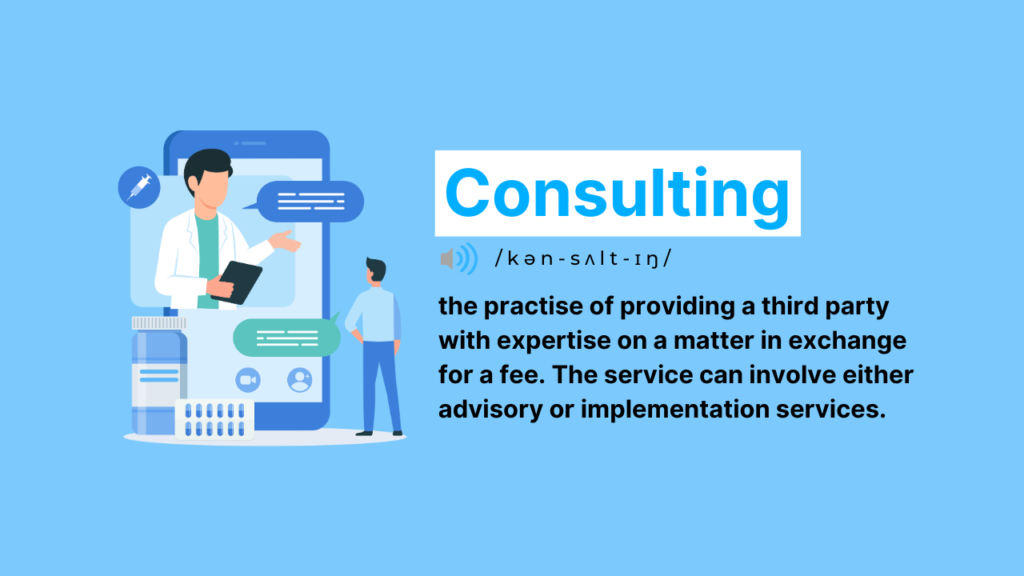
Investment Banking is an industry with some of the highest graduate entry salaries in the world. As a result, it is also known to be one of the most competitive industries to break into in the world. To stand a chance against the many thousands of other applicants, you must ensure you put a lot of time, thought and attention to applications. But fear not! Here are 10 steps you can take that’ll set you up in the best possible position.
10 Steps to Break into Investment Banking:
1. Networking
2. Gaining any work experience
3. Crafting a perfect Cover Letter
4. Crafting a tailored CV
5. Practice numerical reasoning tests
6. Stay informed with market trends
7. Seek mentorship and guidance
8. Prepare for interviews
9. Practice Interviews
10. Staying resilient
1. Networking:
To begin your journey into Investment Banking, actively participating in finance society events, industry meet-ups, and networking sessions, which are all often put on by universities, can help to forge connections with professionals within the industry. Connections can often prove to be very helpful later on when you want to break into finance-related industries as it not only gives you a connection into a specific company culture and work life, but it also potentially gives you the chance of a referral. Using the information and anecdotes mentioned in Cover Letters can also boost your application.
2. Gaining any work experience:
As soon as you get to university or any other higher education, pursue internships, part-time roles, or finance-related projects to gain practical experience. This hands-on exposure will not only enhance your skills and give you plenty of ammunition for an interview, but also make your CV stand out and look the part.
Although finance related experience will certainly help with your application, it is certainly not a necessity and any experience at all can help. Start-ups are a great alternative as they can provide you with a huge range of transferrable skills that are very relevant to investment banking. Even participating in any leadership roles in uni societies can be a great way to show transferrable IB skills.
3. Crafting a perfect Cover Letter:
A cover letter is often a hugely overlooked part of many applications because of how time consuming it is to tailor to every firm, but don’t underestimate its importance as many firms will still read them to screen applicants. Some things to bear in mind to write a killer cover letter include:
- Researching the company before and really adapting the cover letter to that firm and what qualities they look for.
- Include specific key words you can see in the job application and any general Investment Banking skills such as Problem Solving, Analysis and Stakeholder Engagement.
- Include new content in the Cover Letter and don’t repeat everything mentioned in the CV.
- Ask someone to review the Cover Letter and constantly proofread – avoid any silly mistakes like spelling errors!
4. Crafting a tailored CV:
One of the first touch-points many investment banks will have of you is the CV. This is why it is essential to achieve this correctly. Some things to bear in mind with an IB CV:
- Keep it to one page.
- Education first, then work experience.
- Extend the borders so you can fit more information in.
- Quantify everything as much as possible.
- Use the STAR method throughout the work experience bullet points.
- Add relevant financial modules or courses you have done outside of uni.
- Proof read everything again!
5. Practice numerical reasoning tests:
Investment banks often use numerical reasoning tests during recruitment. Practice these tests to enhance your speed and accuracy. Online platforms and resources can be very helpful and some things to bear in mind include:
- Do your research: Find out how the tests are structured and tips and tricks that are available online / on student careers boards.
- Practice: Do as many aptitude tests you can find online for free and don’t stop until you have you job offer in hand.
- Don’t linger on a question for too long: Many tests are timed – speed is of the essence!
- Don’t stress: Work quickly but efficiently. If a question seems too difficult, try to skip it and return to it later if possible.
6. Stay informed with market trends:
Often in interviews you could be asked about market trends, prediction and your thoughts on the future of the market so definitely best to come prepared! Demonstrate this industry knowledge by staying updated on market trends, economic indicators, and finance-related news using various sites such as CNBC, Market Watch, The FT and The Economist. This awareness is crucial for interviews and networking conversations.
Read a little bit every morning in the run up to your interviews and it’ll help you avoid any curve ball questions like ‘name something interesting in the news and why did you find it interesting?’ which isn’t the easiest thing to answer on the spot!
7. Seek mentorship and guidance:
Connect with professionals or alumni in investment banking for mentorship. Seek guidance on your career path, application strategies, and insights into the industry. Mentorship can provide invaluable advice and support and some of the easiest ways to do this is to reach out to people on LinkedIn and ask for a coffee chat. Try then to develop and maintain the relationship and they could be a valuable supporter for you in the coming months and years!
8. Prepare for the interviews:
Begin preparing for interviews by researching common investment banking interview questions. Understand the company culture, structure, and be ready to discuss your experiences and aspirations and memorise your CV so you don’t forget anything. Some interview preparation tips include researching:
- The company background: history, size, global presence, market share
- Company Culture: Mission, vision, and values statements
- Industry and Market: Current industry trends and challenges.
- Competitors: and their strengths and weaknesses
- Products and Services: Are there any recent product launches or innovations
- Recent News and Events: Any notable changes or developments within the organisation
9. Practicing Interviews:
Practice mock interviews to polish your answers and build self-assurance, Utilize career services, peers, or mentors for constructive feedback. Practicing will enhance your articulation and presentation skills. Some things to remember when you are in the interview include:
- Be on time
- Extend a firm handshake and offer a warm smile when greeting the interviewer.
- Don’t be embarrassed if you are nervous – the interviewer knows how nerve wracking it is!
- Close on a positive, enthusiastic note – always leave the interview on a positive note so they think favourably of you
- Dress for the job you want – be smart if it is for a corporate role
- Always Show respect to every individual you meet.
- Take a deep breath, drink water – you’ve got this 🙂
10. Staying resilient:
The journey to investment banking may have challenges. Stay resilient in the face of setbacks, learn from each experience, and continuously refine your approach. A positive mindset and adaptability is essential and just know that it’ll all pay off in the end!
One thing that can really help is to keep a feedback tracker, this can keep all of your positives and negatives in one place so you know what to look for and to focus on in the future for subsequent interviews.






